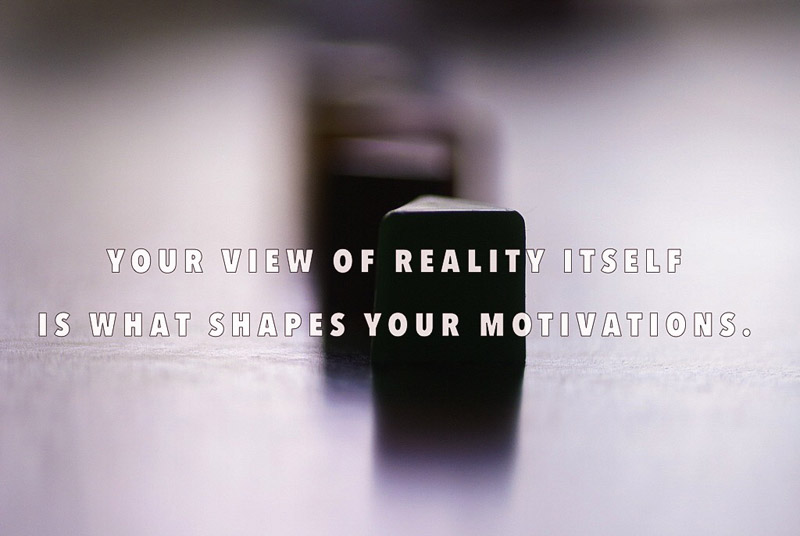Updated April 17, 2020
As we are cloistered now, it’s a perfect time for reconsidering everything. As I sit outside watching the river flow by, my mind relaxes and goes to unexpected places. I watch it fly… and I muse at what it chooses to remember right now, things from the distant past… why those things, I wonder. Today it muses:
So many writers have impressed me with at least one thing, if not everything, they have written. Shakespeare, William James, Robert A. Heinlein, the list goes on. One writer whose real life as a British secret agent caused him to create a bizarre false identity by which most of the public knows him, Aleister Crowley for example in Liber Aleph makes the point that there are no rules, just principles to balance in every given situation. Yet just a few principles come closest to being rules that they should probably be applied in virtually every circumstance. Pondering this, it occurs to me that Win/Win is such an important principle it comes near the top of the list if not at the very top.

The intention and actuality of only making agreements that will benefit all parties is the essence of the Win/Win principle. It ideally permeates to the minutest level of each almost invisible tacit agreement going on every second of our social interactions. In my cosmology we are all holograms of the One Consciousness or more precisely facets of the one Conscious Hologram, so it follows logically that we would do unto others as we would do unto a reflection of our very own self. This is truly enlightened self-interest. It is then the most palpable form of omnidirectional unconditional love. Even in a humanistic materialistic worldview such as some of my best friends have, the Win/Win principle follows logically from their chosen noble stance. My lifetime favorite writer F. Scott Fitzgerald notes in The Beautiful and Damned that such a stance is even more meaningful if it is taken with no moral imperative to do so.
Maintaining the Win/Win intention is not always easy. It’s hardest perhaps when we believe we have a score to settle with someone. We want them to lose so they learn a lesson and they stop behaving the way they are. Take for example two Win/Lose players I met years ago. Mr. Z humiliated Ms. Y in front of others. I had a feeling and said to another onlooker later, “She is going to find a way to get even someday.” Sometime later there followed an unrelated Lose/Lose lawsuit, set in motion by a quiet remark from Ms. Y to her boss, which ended with both Ms. Y and Mr. Z being negatively affected.
The Biblical directive, “Let vengeance be mine”, gives us permission to not carry the burden of corrective punishment, absolving us from that task and enabling us to continue to act for the ultimate Win/Win even with folks who have harmed us. More good is ultimately achieved by this strategy than by any other. We benefit more long-term and often short-term, even when dealing with the most recalcitrant adversary. It comes down, as so many things do, to searching for a more creative solution. We then make it possible to achieve a Win/Win outcome even when up against a Win/Lose “opponent”.
It is a glorious fact of existence that each of us is a far more powerful player on the stage of this world than we ever suspect based on appearances. Words or even facial expressions can escalate things disproportionately. Win/Win as a deep-seated attitude in all situations is not only the best way to “win” — achieving the most benefit for all and therefore doing the most good in the world — it is also the best protection against forgetting our own principles even in a careless or tired moment.
Best to all,
Bill
Read the latest post at my media blog “In Terms of ROI“ at MediaVillage.com.
